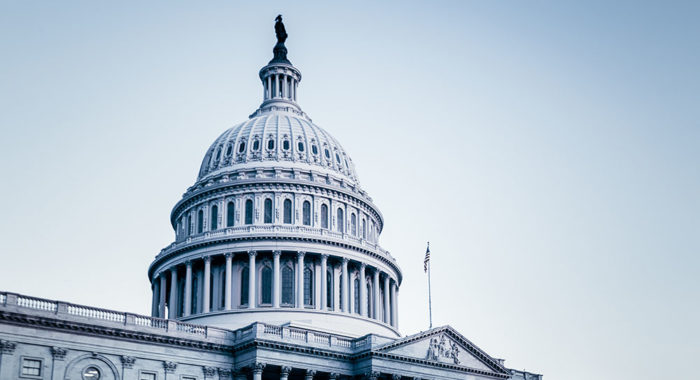On May 15, 1974, Mr. Justice Blackmun said in his dissent from the U.S. Supreme Court’s decision in the American’s United case: “I am disturbingly aware of the overwhelming power of the Internal Revenue Service.” Mr. Blackmun then expressed his concern about the “hazards of vesting in the Commissioner virtually plenipotentiary power over philanthropic organizations.” He pointed out that the provision in the tax code for 501(c)(3) organizations was obviously not designed to raise money. He observed that the Commissioner “is properly vested with broad powers to prescribe all needful rules and regulations for the enforcement of tax laws” and lamented the fact that his power is now being used to the detriment of eleemosynary institutions in the enforcement of public policy unrelated to the collecting of taxes.
Notwithstanding this expression of concern and tacit appeal to the Commissioner to exercise restraint in the use of his awesome power from a member of the highest court in the land, the IRS continues to propose and adopt one regulation after another that seriously erodes First Amendment rights. Some examples:
1. In a regulation defining an “integrated auxiliary,” the Commissioner assumed the prerogative of determining the mission of the church, which the government has traditionally declined to do under the First Amendment. This action was taken against the protests of representatives from virtually the entire religious community of the United States who argued that such action involves the government in excessive entanglement in church affairs.
2. Last year the Commissioner adopted a ruling which severely restricts the publication of voting records of political candidates by church groups.
3. In February 13, 1979, the Commissioner published a revised version of a proposed procedure which will allow the IRS to revoke the tax-exempt status of private church schools for failure to maintain a racial balance which satisfies the ideals of the Commissioner. This notwithstanding the fact that the school may have a publicly announced and advertised nondiscriminatory racial policy with minority students enrolled and minorities serving as board and faculty members.
4. The Charitable Contribution Disclosure Act which has already been reintroduced in the 96th Congress as H.R. 825. This would open church records to government inspection at the whim of those charged” with the enforcement of the Act.
In addition to these disturbing infringements upon the religious freedom of our churches and church-related activities by IRS, the last two Congresses have attempted to enact at least two pieces of legislation that would seriously erode the freedom of religious rights guaranteed by the First Amendment. These are:
5. The Lobby Disclosure Act which is also pending in the 96th Congress as H.R. 81 and H.R. 1979. This would make it virtually impossible for church groups to contact their legislators or influence public policy without assuming an excessive administrative burden and register as a lobbyist.
The National Association of Evangelicals is alarmed by these developments which jeopardize our religious freedom. The power to tax is the power to destroy, and there is usually no practical relief from a bad IRS ruling or regulation. As Justice B1ackmun has indicated, because of the time consuming delays and insurmountable costs in any endeavor to effectuate corrective action, the cure in most cases is worse than the disease.
Therefore, the NAE calls upon each member of Congress to carefully consider the adverse impact that the Charitable Contribution Disclosure Act and the Lobby Disclosure Act would have upon all philanthropic organizations and churches in particular. We also call again upon evangelical organizations to adopt principles and practices of self-regulation as assurance against the abuses which have prompted the Charitable Contribution Disclosure Act and the Lobby Disclosure Act. We further request Congress to enact legislation that will clearly stipulate the limits of power which the Commissioner of IRS may use against tax-exempt groups in the enforcement of social policy as distinct from the collection of taxes.



 View All Updates
View All Updates 




























